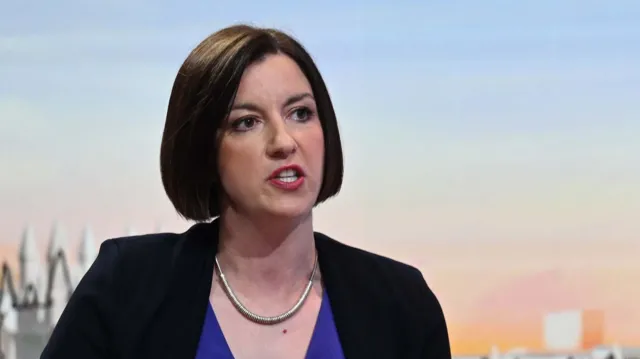
UK Government Faces Fiscal Dilemma After Welfare U-turn, Education Secretary Admits
The United Kingdom government is navigating a challenging fiscal landscape following a significant U-turn on planned welfare reforms. Education Secretary Bridget Phillipson has acknowledged that these recent decisions have “made decisions, future decisions harder,” impacting the government’s ability to implement further spending initiatives, particularly concerning child poverty reduction.
The core of the issue lies in a recent rebellion by Labour MPs, which compelled the government to substantially dilute a package of welfare reforms initially designed to achieve £5 billion in annual savings by 2030. This climbdown means that these anticipated savings are either delayed or entirely lost, creating additional pressure on Chancellor Rachel Reeves as she prepares for the crucial autumn Budget.
The Two-Child Benefit Cap Under Scrutiny
Prior to this policy shift, the Labour government had been exploring the possibility of abolishing the two-child benefit cap. This policy, implemented in April 2017, restricts means-tested benefits to a maximum of two children per family for those born after that date. The potential removal of this cap was seen as a key measure in the broader effort to alleviate child poverty.
However, when questioned about the likelihood of scrapping the cap during an appearance on BBC One’s “Sunday With Laura Kuenssberg,” Phillipson was cautious. She stated that while the government is “looking at every lever” to lift children out of poverty, removing the cap “would come at a cost.” Phillipson highlighted that the government is already supporting families through various cost-of-living measures, suggesting that the financial implications of removing the cap are a significant consideration.
Navigating Economic Pressures
The government’s recent decisions underscore the delicate balancing act required in managing public finances. The need to address child poverty remains a stated priority, yet the economic constraints, exacerbated by the U-turn on welfare reforms, necessitate careful consideration of all available options. Phillipson’s comments indicate that while the path forward is challenging, the administration remains committed to finding effective strategies to support vulnerable families and improve outcomes for children across the country.
This situation reflects the broader economic pressures facing the UK and the complexities involved in implementing social policies that balance fiscal responsibility with the need for social support.
